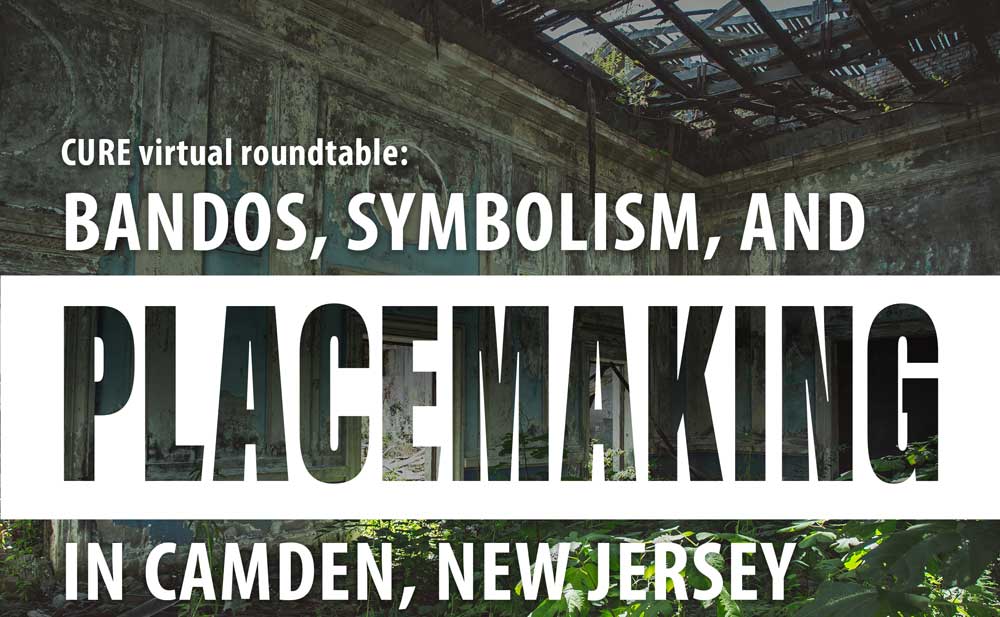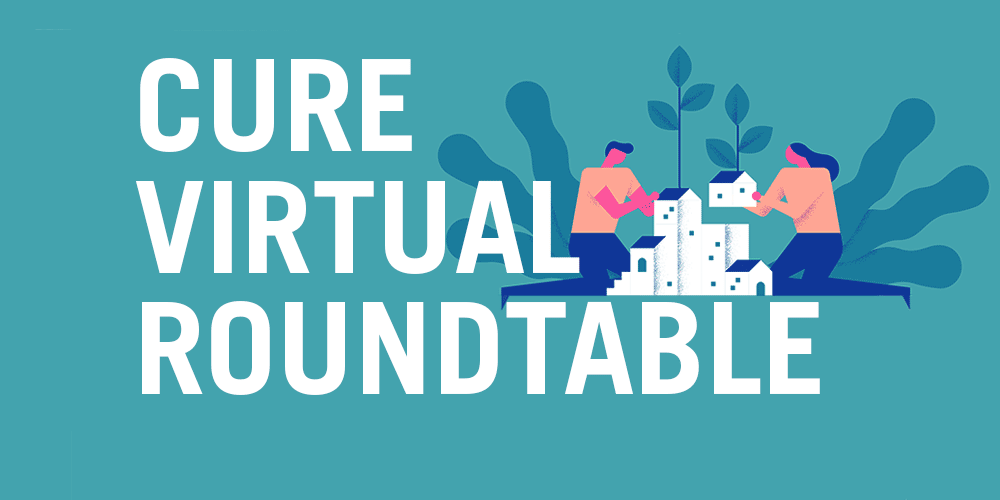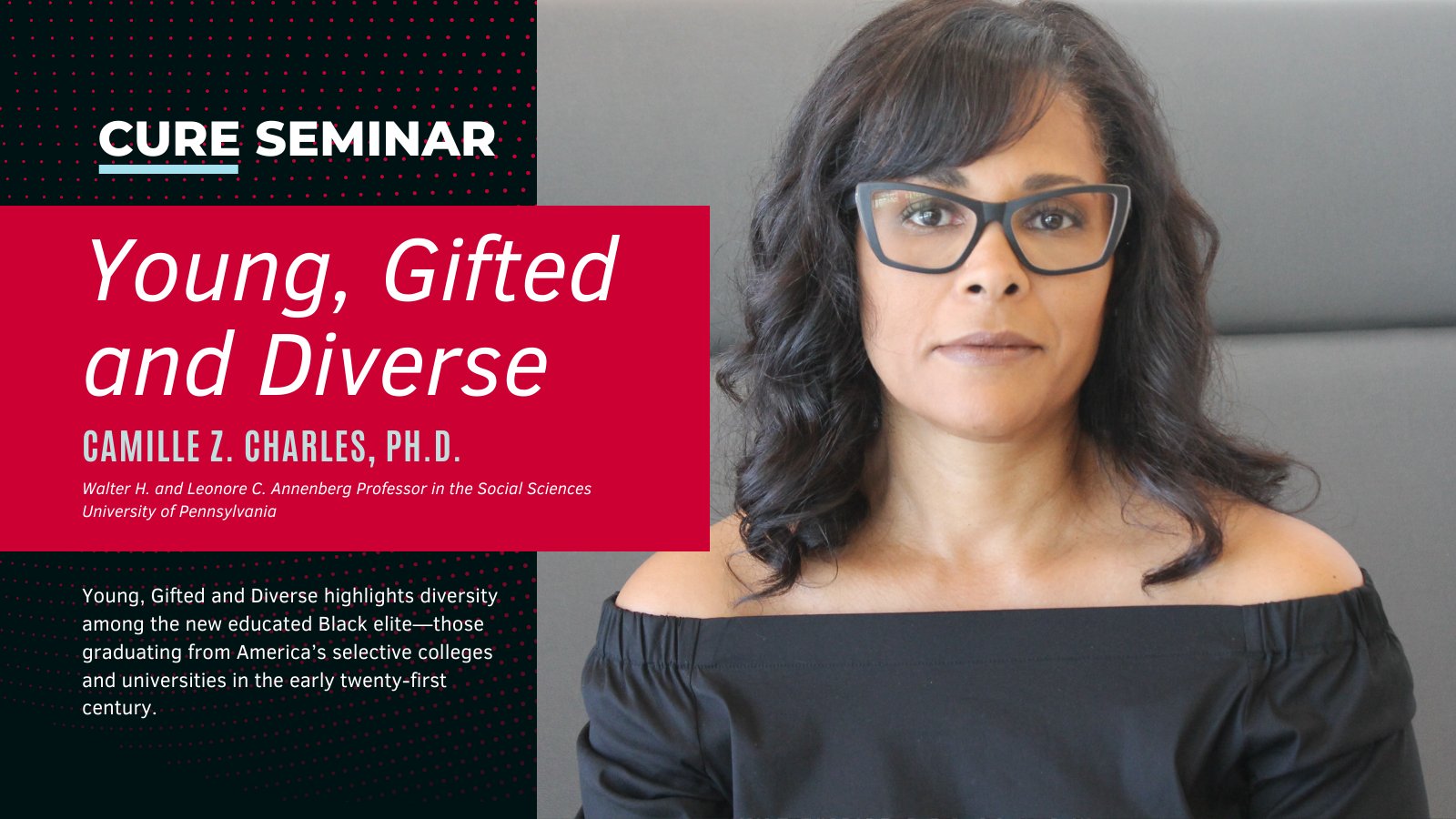
Young, Gifted and Diverse
This event has been canceled until further notice.
Seminar Overview
Despite their diversity, Black Americans have long been studied as a uniformly disadvantaged group. Drawing from a representative sample of over a thousand Black students and in-depth interviews and focus groups with over one hundred more, Young, Gifted and Diverse highlights diversity among the new educated Black elite—those graduating from America’s selective colleges and universities in the early twenty-first century.
Differences in childhood experiences shape this generation, including their racial and other social identities and attitudes, and beliefs about and interactions with one another. While those in the new Black elite come from myriad backgrounds and have varied views on American racism, as they progress through college and toward the Black professional class they develop a shared worldview and group consciousness. They graduate with optimism about their own futures, but remain guarded about racial equality more broadly. This internal diversity alongside political consensus among the elite complicates assumptions about both a monolithic Black experience and the future of Black political solidarity.
About Professor Charles
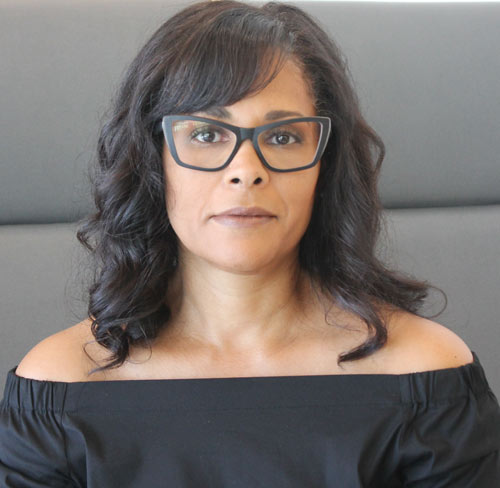 Camille Z. Charles is Walter H. and Leonore C. Annenberg Professor in the Social Sciences in the Departments of Sociology and Africana Studies, and in the Graduate School of Education at the University of Pennsylvania. Her research interests are in the areas of racial inequality, racial identity, racial attitudes, intergroup relations, residential segregation, and higher education.
Camille Z. Charles is Walter H. and Leonore C. Annenberg Professor in the Social Sciences in the Departments of Sociology and Africana Studies, and in the Graduate School of Education at the University of Pennsylvania. Her research interests are in the areas of racial inequality, racial identity, racial attitudes, intergroup relations, residential segregation, and higher education.
Professor Charles currently serves as Chair of the Department of Africana Studies, and as Interim Director of the Center for Africana Studies. In addition to these roles, she is also Faculty Co-Director of Penn First Plus, the University’s initiative to support first-generation, low-income Penn students. And, since 2006 she has served as Director of the Center for Africana Studies Summer Institute for Pre-Freshmen.
She is author of Won’t You Be My Neighbor: Race, Class and Residence in Los Angeles, which explores explanations for persisting residential segregation by race, and co-author of The Source of the River: The Social Origins of Freshmen at America’s Selective Colleges and Universities and Taming the River: Negotiating the Academic, Financial, and Social Currents in Selective Colleges and Universities, each based research from The National Longitudinal Survey of Freshmen (NLSF), an effort to understand racial differences in the experience of elite higher education in the United States. Most recently, she is co-author of the forthcoming book, Young, Gifted, and Diverse: Origins of the New Black Elite, which employs a mixed-methods approach and an intersectional framework to explore the varied and multiple dimensions of diversity among Black students in elite higher education. Professor Charles earned her Ph.D. in at the University of California, Los Angeles in 1996.

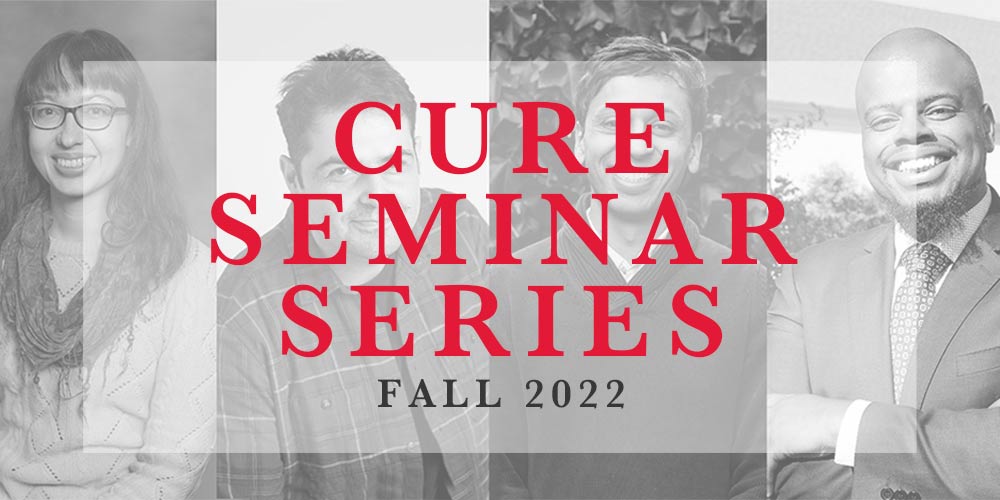
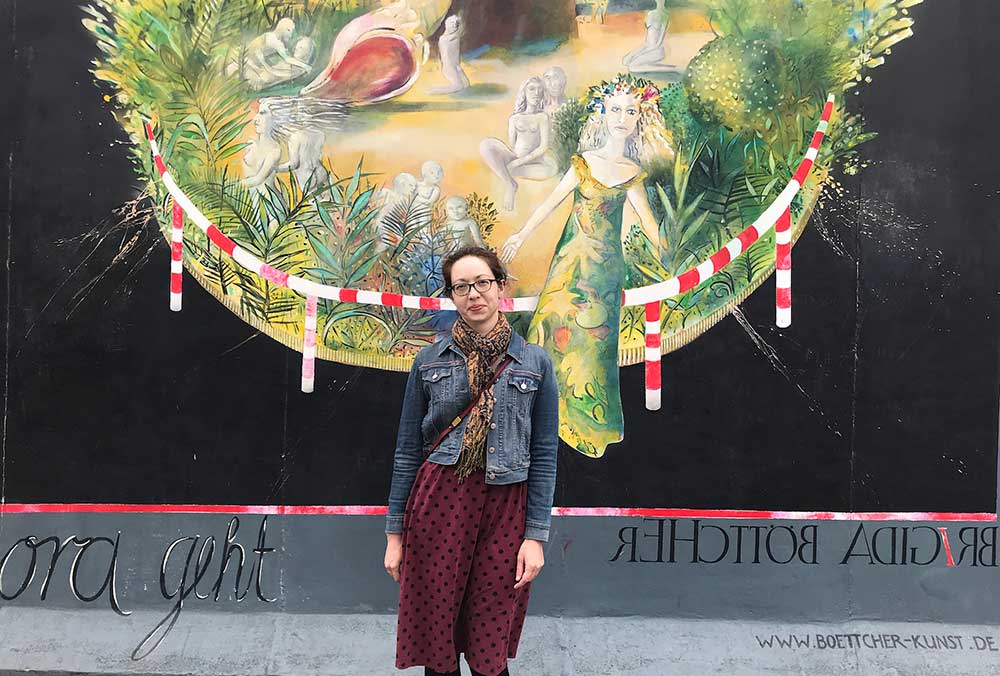
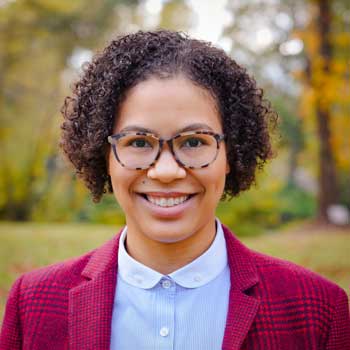 Kendra Boyd is an Assistant Professor of History at Rutgers University in Camden, New Jersey. She is a scholar of African American history, focusing on black entrepreneurship, racial capitalism, migration, and urban history. Her article “A ‘Body of Business Makers’: The Detroit Housewives League, Black Women Entrepreneurs, and the Rise of Detroit’s African American Business Community” (Enterprise & Society) won the 2021 Letitia Woods Brown Article Prize from the Association of Black Women Historians. Dr. Boyd also co-edited (with Deborah Gray White and Marisa J. Fuentes) Scarlet and Black, Volume 2: Constructing Race and Gender at Rutgers, 1865-1945, (Rutgers University Press, 2020). Currently, she is writing a book on black entrepreneurship in Great Migration era Detroit, Michigan.
Kendra Boyd is an Assistant Professor of History at Rutgers University in Camden, New Jersey. She is a scholar of African American history, focusing on black entrepreneurship, racial capitalism, migration, and urban history. Her article “A ‘Body of Business Makers’: The Detroit Housewives League, Black Women Entrepreneurs, and the Rise of Detroit’s African American Business Community” (Enterprise & Society) won the 2021 Letitia Woods Brown Article Prize from the Association of Black Women Historians. Dr. Boyd also co-edited (with Deborah Gray White and Marisa J. Fuentes) Scarlet and Black, Volume 2: Constructing Race and Gender at Rutgers, 1865-1945, (Rutgers University Press, 2020). Currently, she is writing a book on black entrepreneurship in Great Migration era Detroit, Michigan. 